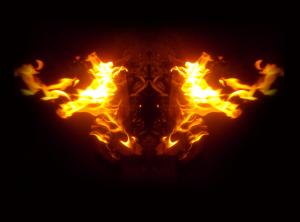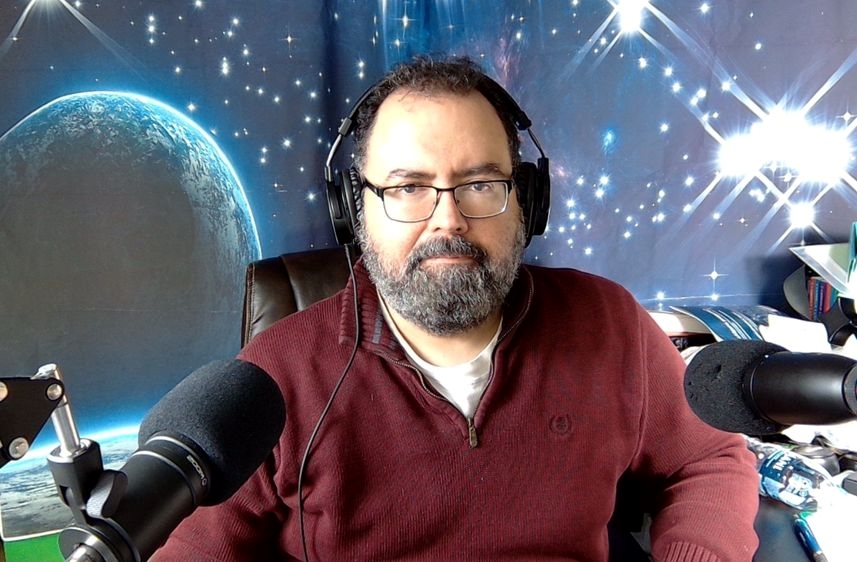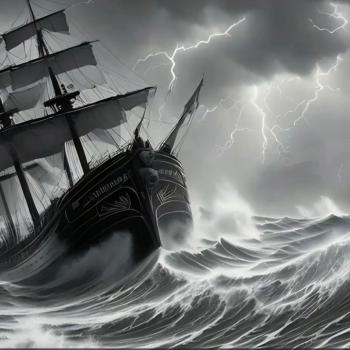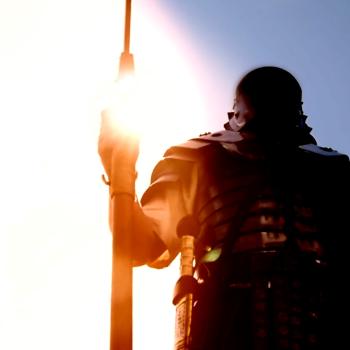
The morning breaks. You awake or perhaps you don’t. Or maybe you move yourself, go through the motions as you’ve come to know them. A short coffee brings you only to a higher state of wakefulness. You dress in the mirror and look at what appears. Sometimes it’s not even you or is it?
The drive engages you with it. The world that is… There’s no hiding from the freeway. And then you see it. It’s always there. The collective order…The sameness of things….The convergence of speed and vanity…The structure that we made… High speed roads, tunnels and highways built to live in a world, only to be ignored…
You arrive at your robotic haven and meld seamlessly with the chatter. The small talk and the discordance of steps or perhaps a lift ascends you to the limits of this world. You sit and stare at a nearby window where another gilded, blighted brick and mortar cage obstructs your view until nightfall.
Another day has started, yet ended. For this is your life today as well as tomorrow.
Some say repetition is the true Hell. Some say damnation yields Hell. But what do we really know about Hell? Is Hell the same for all of us?
First, a little history about Hell…
Sometimes it surprises people when they learn that the concept of Hell did not begin with Judaism or Christianity. The idea of the existence of a dark, nefarious underworld where there is no God is an old one. Hell is thought to have developed as a concept to depict the separation between the godly world and the ungodly world. It is a domain where sinners reside often for eternity and are sometimes punished/governed by a dark lord/king.
The story or construct of Hell is an ancient one that spans as far back as ancient Mesopotamia. The actual word “Hell” is thought to have originated in old Norse mythology named after their ancient queen of the underworld named “Hel”. But the story didn’t end there.
Hades & Tartarus
The ancient Greeks carried forth their mythological form of Hell in the form of “Hades”. After battles between the older gods known as the Titans vs the newer Olympian gods and the infighting and overthrow of Cronus, an underworld was created and named after the god Hades to functionally “jail” or house and punish the rebellious and guilty.
However, it is when the Greeks wrote of Tartarus that the more evolved concepts of Hell begin to materialize. Tartarus, the deepest part of the underworld, was thought to be where the rebellious older gods were imprisoned and and their souls judged and punished for their sins.
The Christian Version of Hell
Christianity maintains a unique treatment of Hell due to its monotheistic principles. Essentially, if we consider that prior versions of Hell cite a world absent of gods, Christianity follows thusly however, obviously, there is only one God who is absent from this underworld.
What is unusual however, are the varied Bible translations and that the appearances/absence of the word “hell” are not consistent among them. Most of the English translations only mention “hell” in the New Testament. In those translations, the Hebrew word “Sheol”, meaning the underworld or grave is used within the Old Testament. Per the Biblegateway.com, there are approximately 13 instances of the actual word “hell” in the NIV Bible and solely within the New Testament; however, there are 113 instances of the “hell” in the Douay-Rhiems translation and 54 instances within the New King James version.
Dante’s Inferno
Dante wrote probably the most famous and influential version of Hell. In his 3-part epic poem “The Divine Comedie”, Dante’s Inferno added a third dimension to the underworld with his unique, elaborately detailed version of descending layers of Hell. Dante, a devout Christian, wove a spectacular literary illustration where he melded the spectrum between lesser and greater sins of man with higher and lower circles of Hell respectively. Specifically, Dante’s journey through the underworld includes segues between sinners without hope, to those guilty of gluttony, lust, anger, fraud, violence and lastly, at the bottom where Satan also resides, are sinners who have committed sins of treachery.
Are you in a living Hell?
So, getting back to our initial question…what do we really know about Hell in our earthly lives? Are we living in the world of God or in the precursor to the first circle of Hell?
St. Augustine of Hippo wrote his quintessential, philosophical work, “City of God” to describe the perpetual struggle and separation between Christian faith (the City of God) and non-belief (the City of Man). Augustine reasoned that man would face the consequences of this conflict of morality and moral decay until the 2nd coming of Christ.
So maybe we’re not really living in Hell. Despite the mundane and often repetitive aspects of living in secular society, maybe we’re just living somewhere in between Heaven and Hell on Earth.
Relativism and Postmodernism is Hell
In a prior article “Remaining Faithful in a Postmodern World “, I cited the dangers of relativistic and postmodernist thinking. In today’s secular world many, too many align themselves with the thought that “reality is what I make it”. The idea here is that reality is subjective and thus, there are no universal objective truths.
I remember hearing the honorable, late Pastor, Dr. Charles Stanley say that today, many people just make up their own versions of religion and God. Many people do this to reconcile their views and behaviors to suit their “God-concept” or “God-construct”. This is relativism at the core. The problem with this sort of thinking is that if there is no universal concept of God, there is no God. Why? To put it in layman’s terms. If we create a sculpture from a piece of clay, what we have created “is”. However, if that piece of clay remains subject to change and we proceed and go forth with changing it, that which we had initially created ceases to exist. So, no, we cannot create our own version of God. God is not an arbitrary construct. To take this viewpoint is the very definition of Hell.









